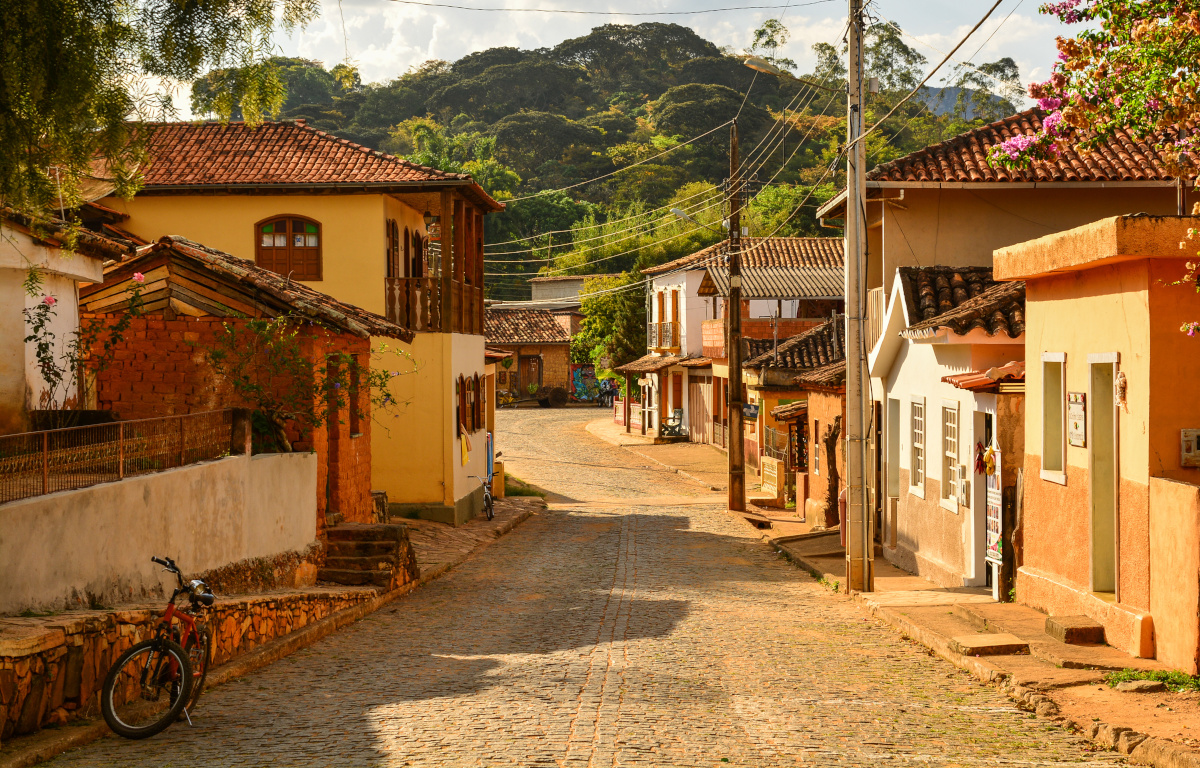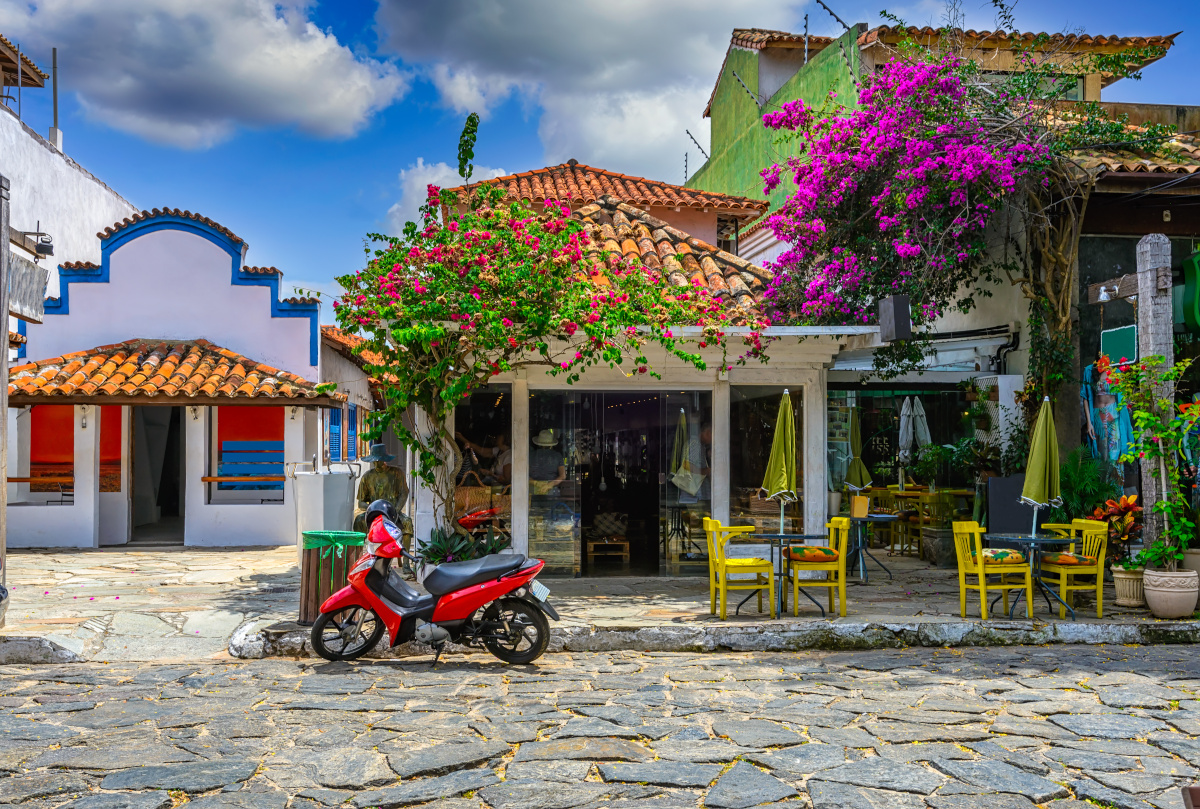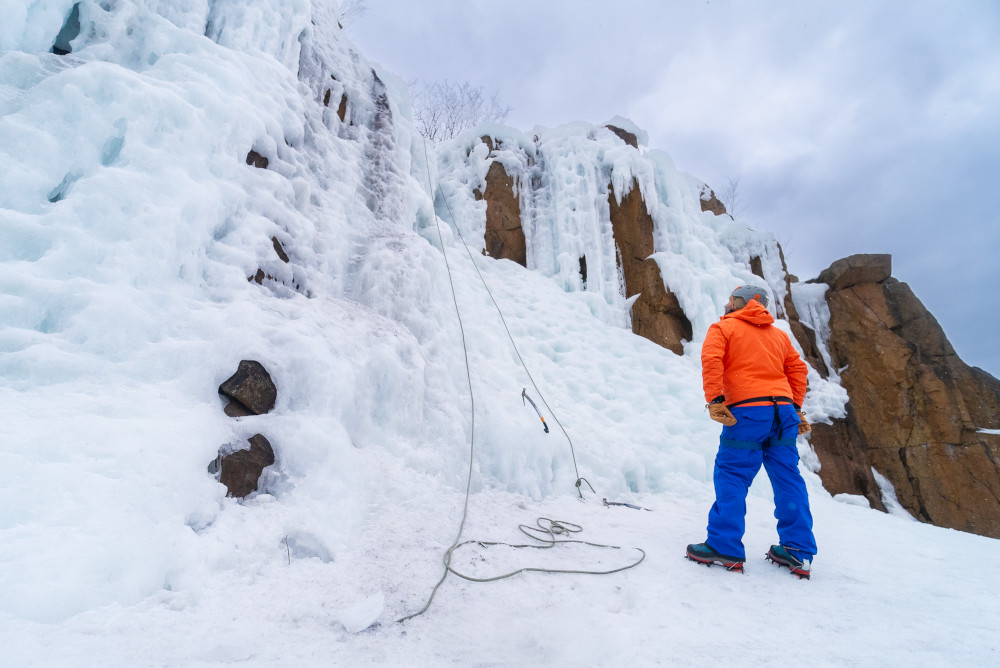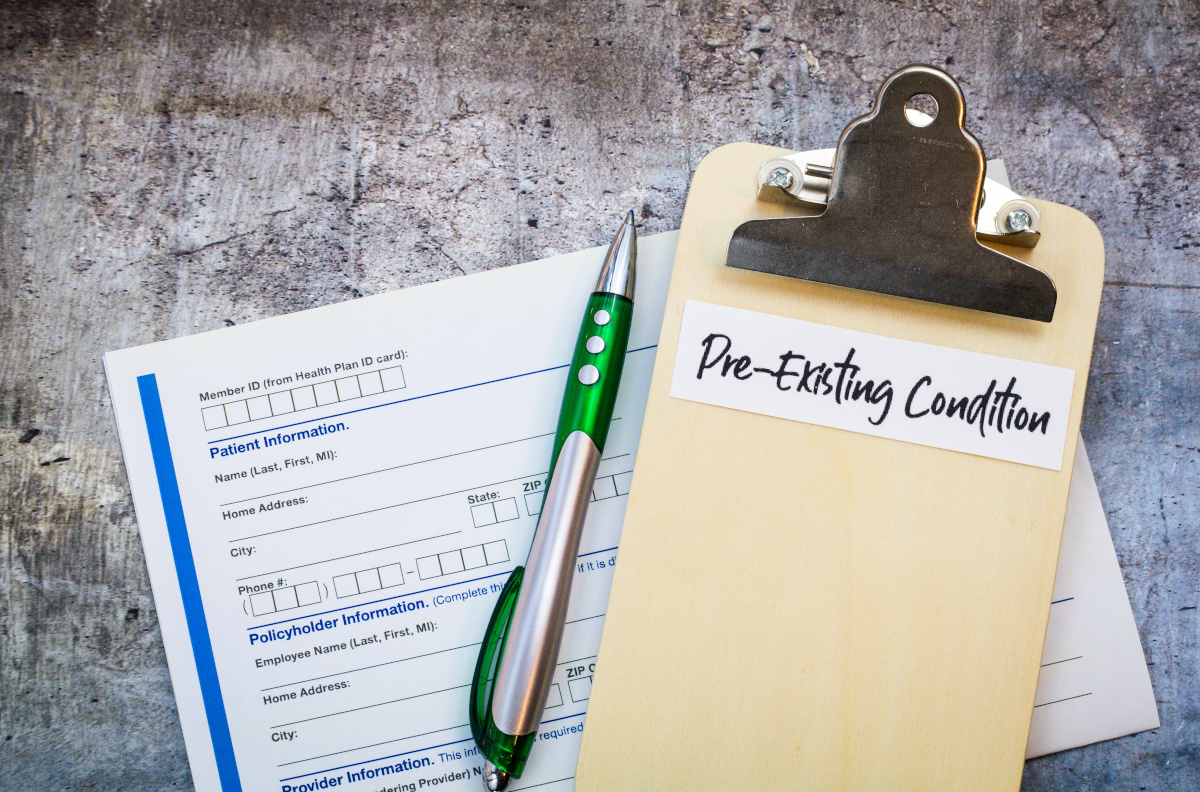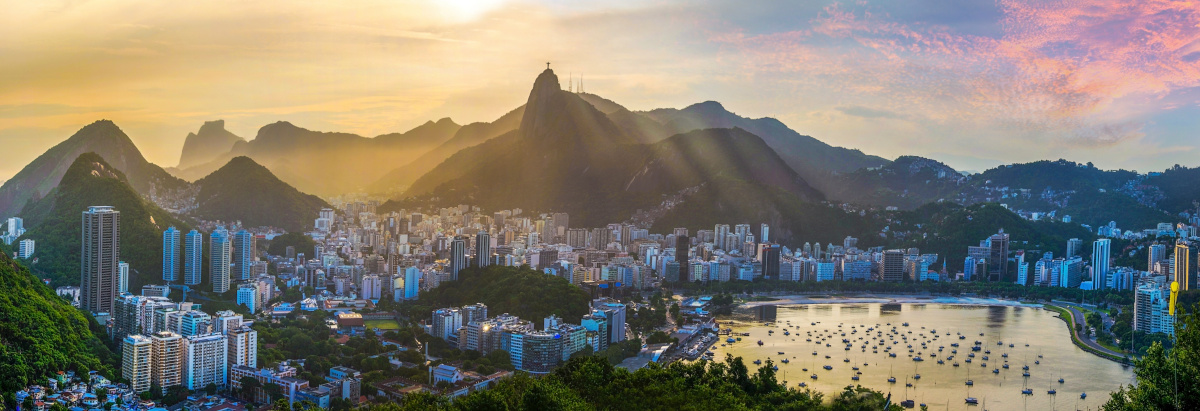
Travel Insurance for Brazil
Get Protected With The Best Trip Insurance for Brazil From Redpoint
As with any international trip, it's a good idea to buy travel insurance. Brazil welcomes millions of visitors per year, but that doesn't mean it's not without some risks. Travel insurance will protect your prepaid travel expenses and non-refundable trip costs from situations like cancellation and delay, and it will also give you backup for more serious situations, like emergency medical expenses or evacuation.
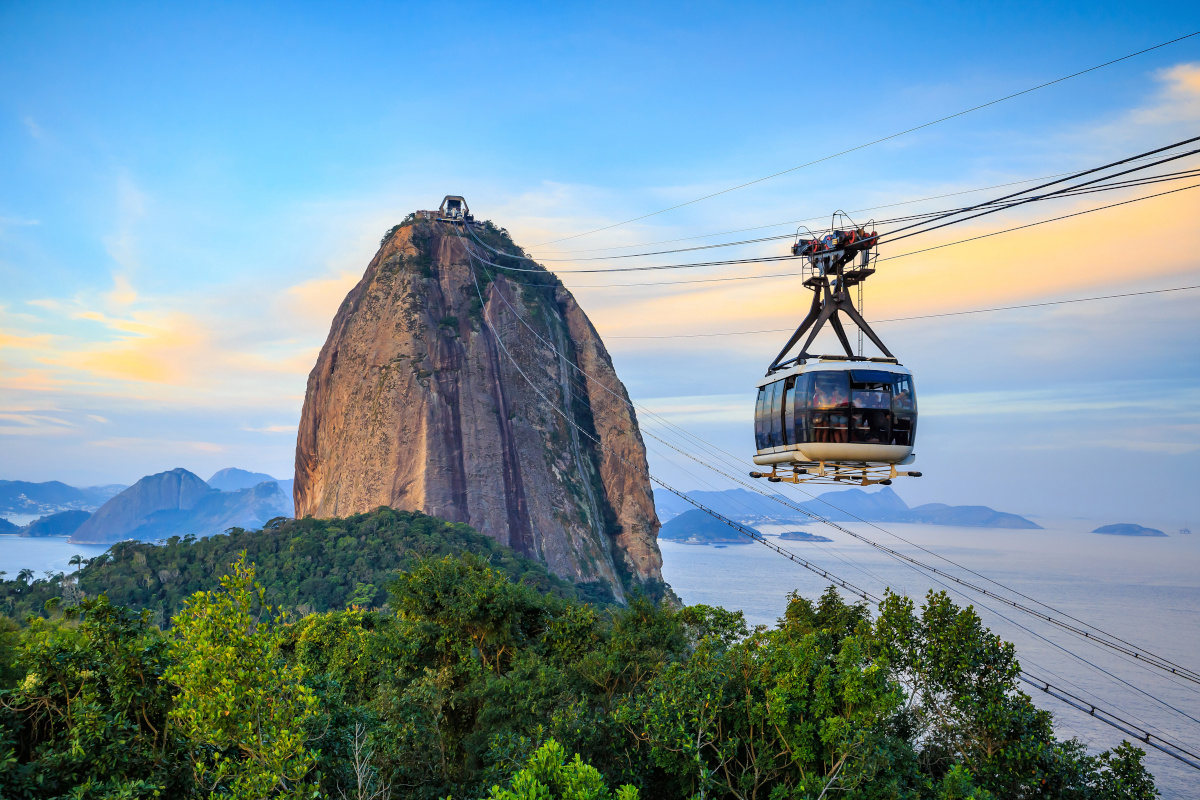
Medical, Health & Safety in Brazil
Amid all the adventure and fun Brazil has to offer, there are also some important health and safety concerns to keep on your radar.
Crime is not uncommon in Brazil, from minor petty crime to more violent incidents. Per the U.S. Department of State, travelers should stay away from areas known to be dangerous, such as the informal settlements known as favelas, and be aware of an elevated risk of robbery and assault on public transportation, such as buses.
In general, travelers should always exercise caution, keep their belongings secure (particularly in popular tourist destinations) and avoid going anywhere alone at night. For more safety tips, consult the State Department’s travel advisory for Brazil before your departure.
While there are no required vaccinations to enter Brazil, the CDC recommends that travelers visiting certain regions in the Amazon be vaccinated for yellow fever, in addition to hepatitis A, hepatitis B, typhoid, rabies, and tetanus. Mosquito-borne illnesses are also prevalent, so take steps to reduce your exposure to insect bites.
Brazil’s vast size and diverse climate expose it to various extreme weather conditions and natural disasters. Heavy precipitation during the rainy season (November to March) can cause severe flooding and landslides, particularly in the southeast and coastal regions. Extreme heat can also be a concern in certain areas. If you are traveling into remote or wild landscapes outside of the cities, always be prepared for extreme conditions.
Dangerous wildlife encounters are also a risk if you’re not with knowledgeable guides. Always listen to local guides and safety advisories, and be adequately prepared with gear, hydration, first-aid kits, and food before you venture out in remote or jungle locations.
Finally, if you plan to drive while in Brazil, know that road conditions can be quite different and local driving customs and rules more relaxed. While major highways between cities are generally well-maintained, rural roads can be poorly marked, unpaved, or in disrepair. Avoid driving at night, always map out your routes ahead of time, and be sure to carry an International Driving Permit (IDP) alongside your U.S. driver’s license.
Insurance Benefits and Coverage for a Trip to Brazil
From emergency assistance to medical treatment to lost baggage, the best travel insurance coverage should include some crucial components and protect your non-refundable trip expenses. Before you purchase travel insurance, make sure your policy covers all the areas below so you’ll be prepared — no matter what happens during your Brazil trip.
- Trip cancellation and trip interruption insurance: Trip cancellation insurance should reimburse your non-refundable trip expenses if your trip to Brazil is canceled or cut short due to covered reasons — i.e., unforeseen circumstances, like illness, severe weather, or family emergencies. If you need more flexibility, you can usually opt to add cancel for any reason (CFAR) coverage for an extra cost.
- Travel medical insurance: Travel health insurance covers unexpected medical expenses incurred for any injuries or illnesses that happen during your trip. Though public healthcare is free to access in Brazil, visitors commonly need to seek out private care if they have a medical emergency. Those medical costs can be expensive, which means having Brazil travel health insurance is essential. Keep in mind that your health insurance coverage from home will not be accepted in most cases, and if you have pre-existing medical conditions, you’ll likely need to apply for a waiver too.
- Emergency medical evacuation insurance: Emergency evacuation coverage reimburses you for transportation to the nearest medical facility or back to the U.S. in extreme or emergency situations. If you’re doing any adventurous travel, such as exploring the Amazon rainforest, emergency evacuation coverage is essential.
- Baggage and personal belongings insurance: This covers loss, theft, or damage to your belongings should they go missing during your trip.
- Trip delay insurance: Trip delay insurance provides coverage for additional expenses if your trip is delayed before it starts or during any connections or transfers.
For adventure travelers, Ripcord is the best option for Brazil travel insurance. An extensive plan with high coverage limits and enhanced coverage, it includes generous benefits for emergency medical evacuation and search and rescue.
Redpoint’s other travel insurance plans, Cavalry and Harbor, provide international coverage and comprehensive financial protection for a wide range of situations as well. If you’re sticking to the major metropolises, like São Paulo and Rio de Janeiro, Cavalry is particularly suited for city travel and luxury cultural experiences, while Harbor offers robust coverage to the budget-minded leisure traveler.
FAQs for Brazil Travel Insurance
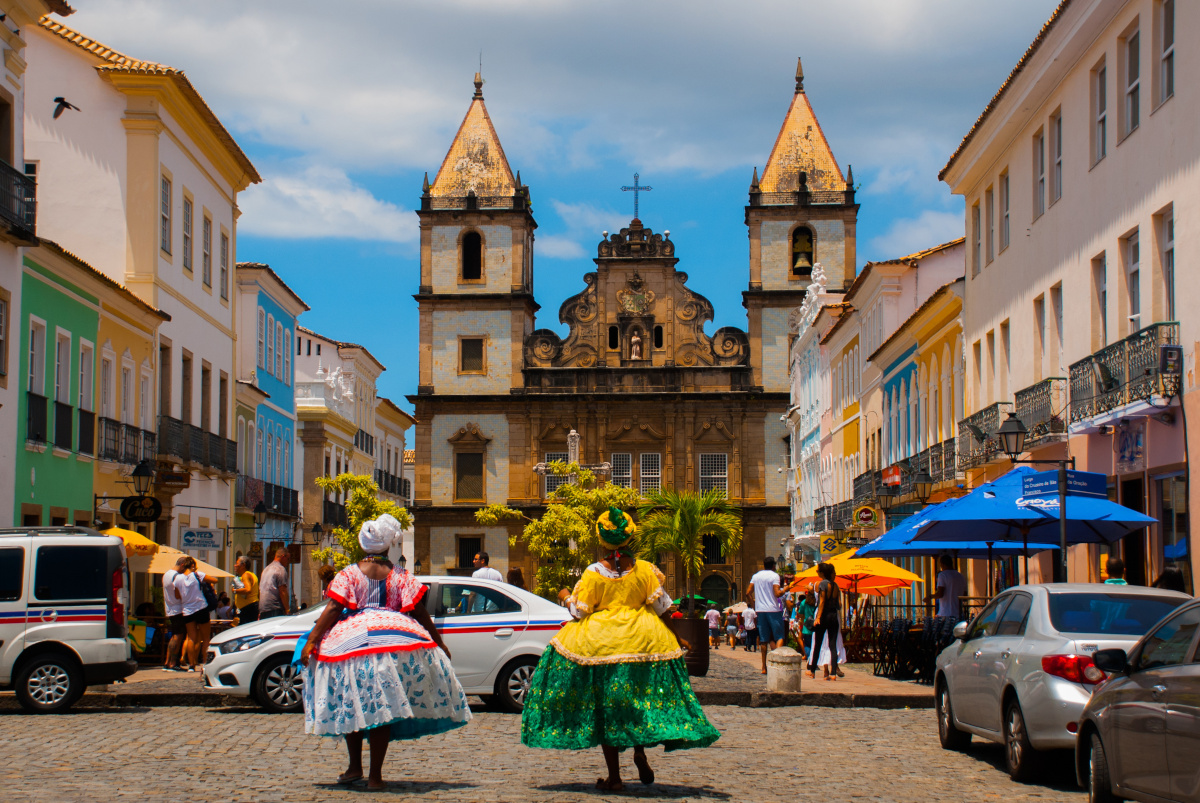
Do I need travel insurance for Brazil?
How much is travel insurance for Brazil?
What should your travel insurance cover for a trip to Brazil?
Are there any COVID-19 restrictions for travelers to Brazil?
What happens if a tourist gets sick in Brazil?
While they are faster and offer higher-quality care, private healthcare facilities also require payment upfront, so having travel insurance is crucial to cover those costs. Remember, your domestic health insurance will not cover you while in Brazil.
Travelers should contact their insurance provider for assistance locating suitable facilities and an English-speaking healthcare professional, as well as navigating payments. Redpoint's 24/7 assistance line can also provide help and guidance at +1-415-481-0610.
Are the hospitals good in Brazil?
Public hospitals, on the other hand, may lack resources and experience overcrowding. Tourists are advised to seek care at private facilities whenever possible, making travel insurance with comprehensive medical coverage a must.
What documentation is needed to visit Brazil?
Currently, no vaccines are needed to enter Brazil. However, you may be asked for proof of onward travel (i.e., a flight home) as well as proof of sufficient funds to cover the duration of your trip.
Is Brazil safe to visit?
It is also advised that travelers avoid the bordering regions with Venezuela, Colombia, Peru, Bolivia, Guyana, Suriname, French Guiana, and Paraguay.
Is Brazil safe for female travelers?
How do I contact the U.S. Embassy in Brazil?
You can contact the main embassy at the address and phone number below:
SES - Av. das Nações, Quadra 801, Lote 03
70403-900 - Brasília, DF
Tel: +55-61-3312-7000
Protect your trip with Redpoint travel insurance
Redpoint is known for comprehensive, easy-to-understand travel insurance policies that can suit any type of trip, from an urban exploration of Brazil’s dynamic cities to an adventurous trek through its stunning waterfalls. Explore our three international travel insurance plans — Ripcord, Cavalry, and Harbor — and get a quote today.
